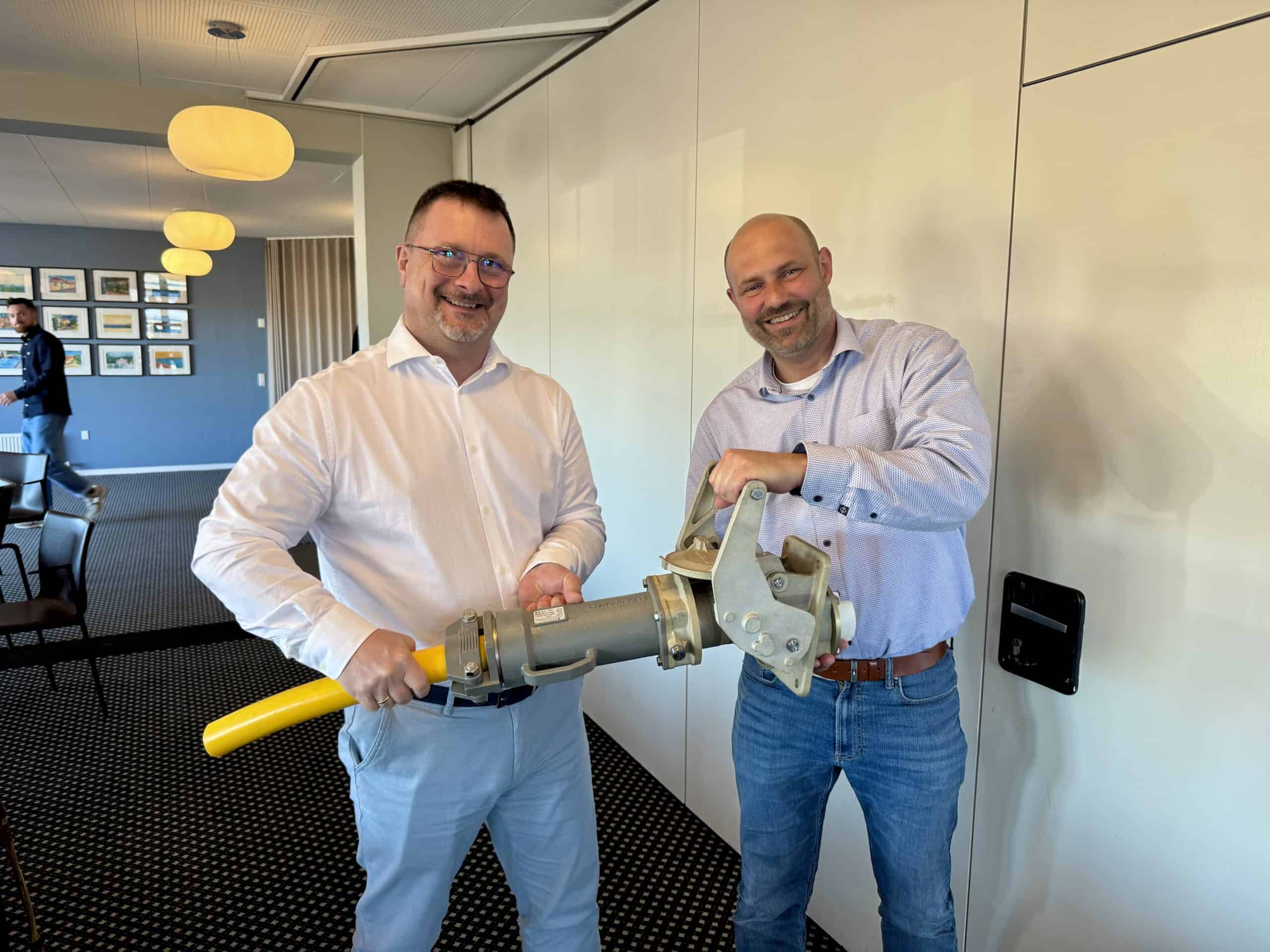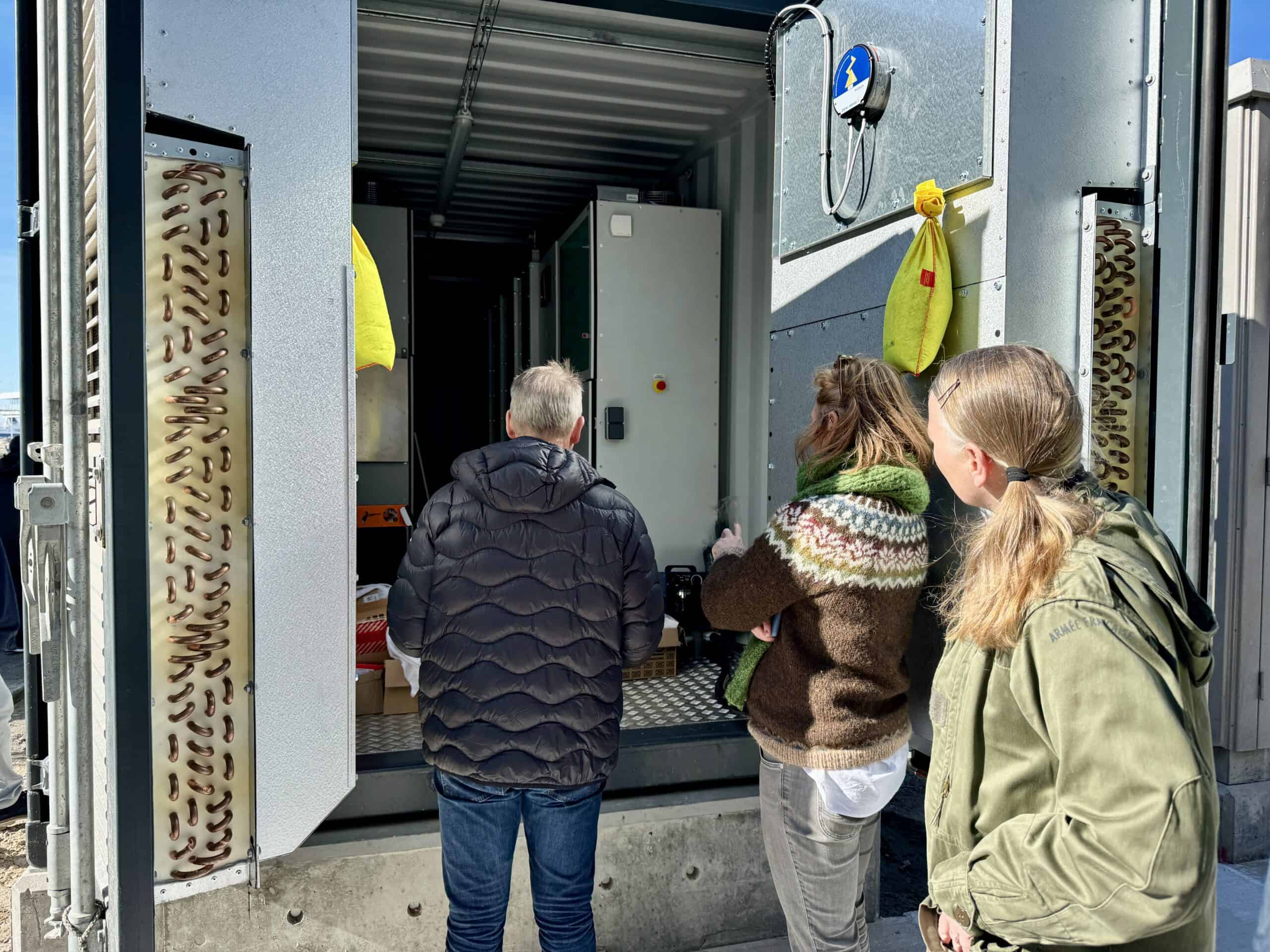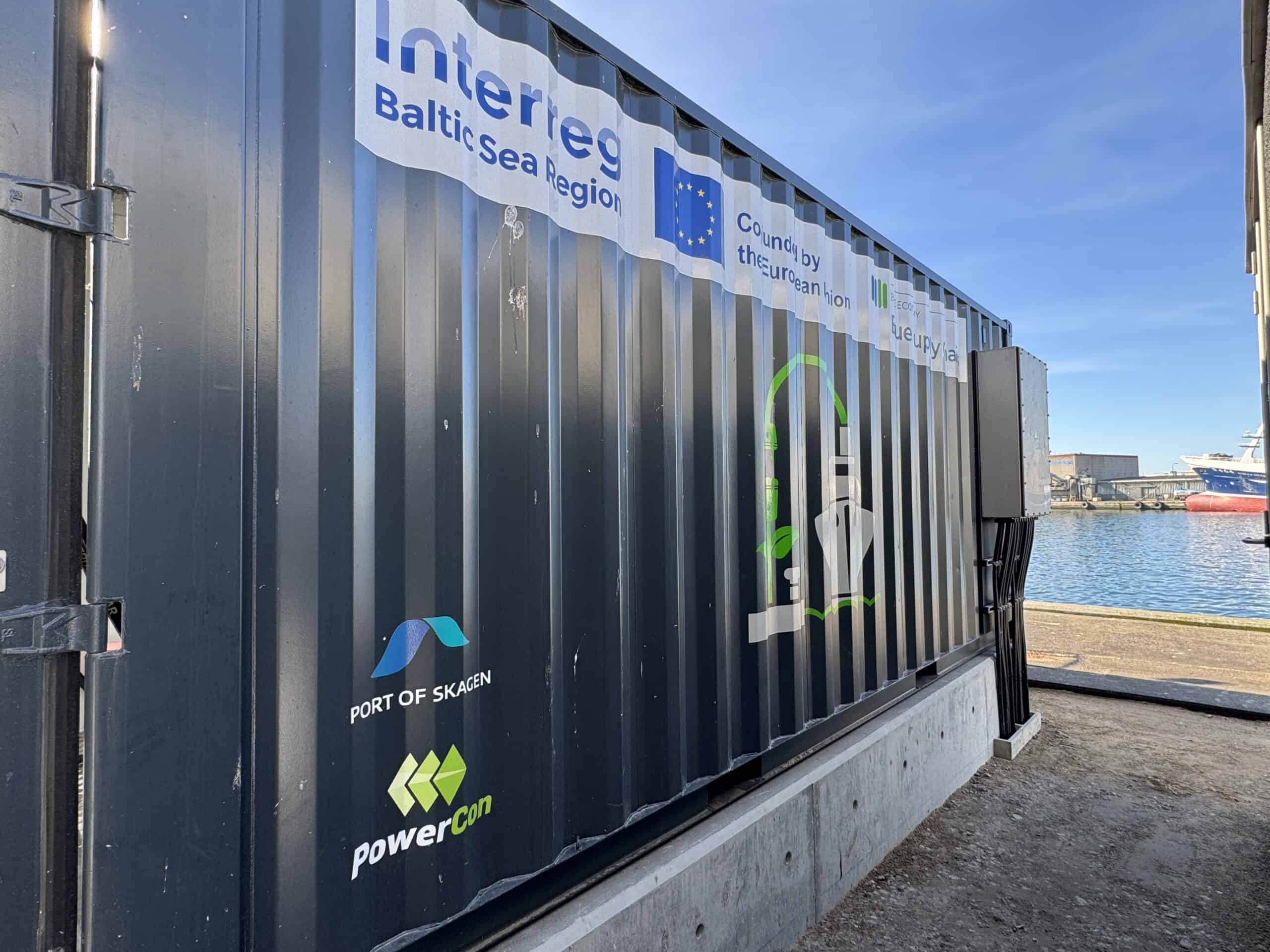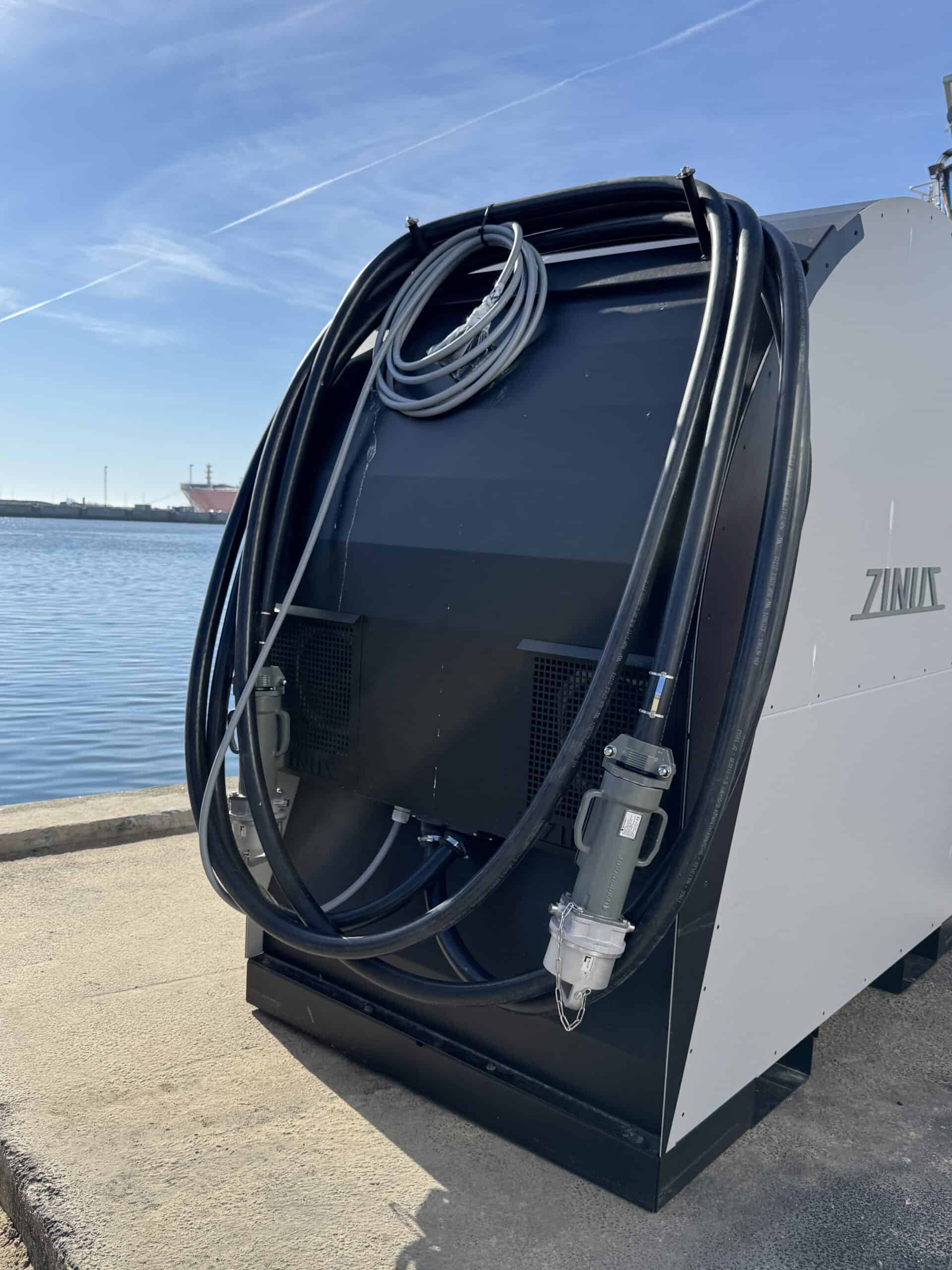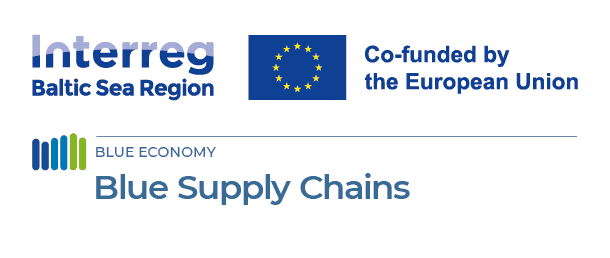
New Shore Power System in Skagen
03 April 2025
A Collaborative Effort for Greener Ports
The fifth BSC partner meeting, held from September 25–27, 2024, brought together industry experts, port authorities, and sustainability advocates from across the Baltic Sea Region. The primary focus was on the electrification of port operations, with Skagen serving as a key case study for flexible OPS solutions. Partners exchanged insights on challenges and best practices in implementing shore power solutions, retrofitting vessels, and integrating ports into broader zero-emission transport chains.
During the visit, participants explored the technical aspects of Skagen’s OPS system, which is designed to supply power to vessels while docked, eliminating the need for diesel generators. This transition drastically reduces air pollution, greenhouse gas emissions, and noise levels – a major win for both the environment and the local community.
Shore Power: A Game-Changer for Ports
Shore power systems, also known as cold ironing, are increasingly recognized as a crucial tool for decarbonizing the maritime industry. The commissioning of the system is set for April 2025. The port expects to have six vessels using the OPS system within three years and aims to expand to 20 vessels, also ensuring a return on investment (ROI).
Preparing for the Future: Vessel Retrofitting and Industry Training
A critical aspect of the project is ensuring that ships can connect to the system. Two vessels are currently undergoing retrofitting, with testing expected by 2025. As part of the implementation, workshops and training sessions for maritime operators and port staff are scheduled accordingly, ensuring a smooth transition to shore power operations.
With discussions at the BSC meeting highlighting the broader role of port authorities in green energy supply, Skagen’s experience offers valuable lessons for ports looking to decarbonize their operations.
As the maritime industry faces growing pressure to cut emissions and comply with EU and IMO regulations, projects like this provide a scalable blueprint for sustainable port management. The collaboration between international partners in Skagen underscores the importance of cross-border knowledge exchange in driving forward the next generation of clean maritime infrastructure.
With continued investment and cooperation, shore power systems will become a cornerstone of greener shipping, benefiting both the industry and the environment.






